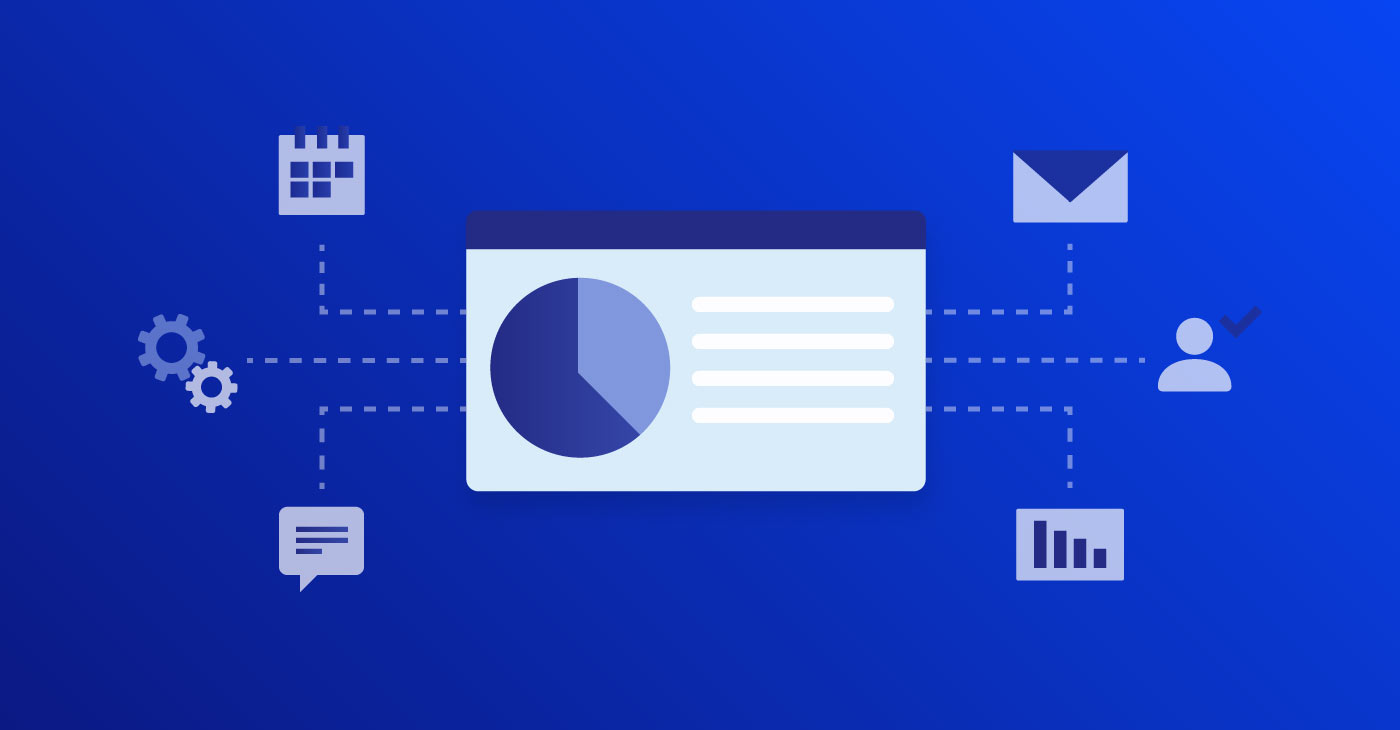Over the past couple of months, the internet community has been waging war against SOPA and PIPA, two proposed laws that opponents claimed would cripple the very foundation of the internet if passed. These particular bills may be shelved for now, but it is starting to look like a new war is brewing to replace the controversy they caused. And this time, the U.S. government and entertainment industries may have met their match.
You may have heard by now about how the Department of Justice (DOJ) scored a major victory for anti-piracy advocates (without the aid of SOPA or PIPA, by the way) by having MegaUpload shut down. The government agency took possession of 18 of the service’s domains, and prompted an international seizure that led to four connected suspects being arrested in New Zealand. What you may not be aware of is the retaliation that resulted from the shutdown of MegaUpload, a well executed strike that shows just how vulnerable the U.S. government may be in the game of cyber warfare.
Several sources have reported that shortly following the seizure of megaupload.com and its digital assets, various branches of the government and entertainment industries fell victim to cyber attacks orchestrated by the hacktivist group known as Anonymous. They used what have been identified as distributed denial of service (DDoS) attacks, exploits hackers commonly use to take down websites and computer networks. It has been confirmed that Anonymous used the DDoS method to bring down the sites of the DOJ, FBI, Motion Picture Association of America, Recording Industry of America and Universal Music among other entities.
Who Is Anonymous?
The attack on the government and entertainment sectors is not the first time Anonymous has knocked critical servers offline (nor the last), but these attacks have helped the team of hacktivists garner more mainstream attention than ever before. Claiming to be freedom fighters of sorts, the group has been operating for a while now, and is seemingly growing in strength as the years go by. In 2008, Anonymous defaced the websites of both AllHipHop.com and SOHH.com, attacks that reportedly stemmed from site users insulting members of the group.
Anonymous kept quite busy in 2010 as well, a year that saw it claim responsibility for attacks on the Australian government over online filtering laws pertaining to pornography, and played a huge role in the infamous Operation Payback, which saw the much talked about fall of Sony’s Playstation Network. The group continued its reign of cyber terror in 2011 by targeting numerous countries in support of the Arab Spring rallies, sharing Bank of America’s private documents with the public and reportedly organizing Operation Blackout, where it convinced (indirectly) internet brands like Google and Wikipedia to shut down their services for 24 hours in protest of SOPA and PIPA.
Hacktivism on the Rise
Outside of causing all kinds of hell for network administrators and security managers, hacktivisits appear to have some good, or at least genuine, intentions. For example, last year, Anonymous staged a campaign against the child pornography industry and in the process, took down 40 known child porn sites. It then published the names of hundreds of people who visited those sites, then extended an invitation to law enforcement to follow up on the matter. Still, analysts say they are doing more harm than good by exposing sensitive data and putting consumers at risk.
Hacktivism experienced a huge surge in 2011 and with groups like Anonymous leading the way, things could get very interesting in 2012. Experts have warned that these organizations are growing and learning from each other, hinting that there will be many more disruptions to come.









